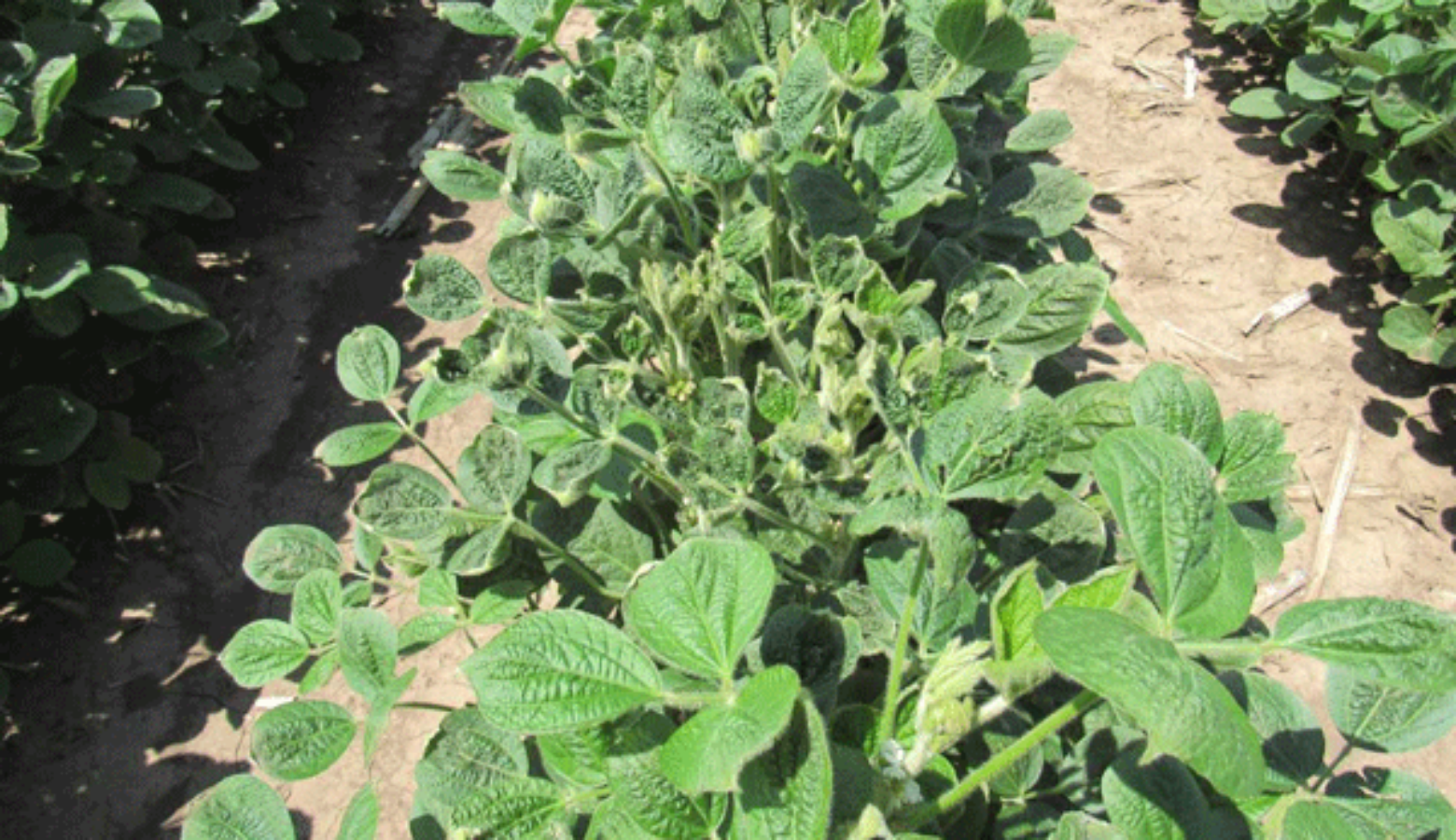Indiana University Professor: Pesticide Fines Bill Won’t Stop Dicamba Drift

An Indiana University professor questions whether a bill aimed at curbing the misuse of a controversial weed killer will solve the problem. Dicamba has been known to drift off of the farm fields where it’s applied and damage neighboring crops.
Marc Lame teaches environmental management and spent a decade helping farmers in Arizona control pests and weeds. He said the $1,000 maximum fine that Indiana’s proposing in Senate Bill 227 is much lower than some other states.
Illinois has a maximum of $10,000 and Missouri’s is $25,000 for repeat offenders. Four years ago, Arkansas also upped its maximum fine from $1,000 to $25,000.
“The farmers found that the fines were so low that, you know, it was worth the hassle to just pay the fine and not have a problem with weeds in their fields,” Lame said.
READ MORE: Bill Would Change Fines For Misusing Pesticides, Including Dicamba
Dave Scott with the Office of Indiana State Chemist said the Indiana Senate bill proposes a fine 10 times higher than what the state imposes now — a $100 fine. Indiana also has something some states don’t: the ability to suspend or revoke a farmer’s license to use dicamba.
“If it’s somebody that we can’t correct behavior with a civil penalty we — you know, we can address it through licensing action,” Scott said.
Though Scott said that doesn’t happen very often because most people who misuse dicamba aren’t repeat offenders. According to the OISC’s investigation reports, the agency has suspended less than a dozen applicator permits for dicamba violations in the past five years.
Lame said perhaps the weed killer shouldn’t be used at all. Last year a federal court stopped the use of dicamba saying the Environmental Protection Agency underestimated the damage it’s caused — but the agency re-approved dicamba anyway. The Biden Administration could decide to take a different stance on the weed killer.
There’s a larger fear too. Lame said that an overreliance on pesticides can cause weeds to become resistant to them. He said farmers need to look to other methods like integrated pest management. According to the Cover Cropping Systems Initiative, that can include things like cover cropping, cleaning equipment, and scouting farm fields.
Like last year, Indiana won’t allow farmers and other applicators to spray dicamba after June 20 this summer. Scott said the cutoff date could be why dicamba complaints went down by more than half last year — though the agency hesitates to draw conclusions from only one year of data.
The bill changing pesticide fines already passed both houses and is awaiting the governor’s signature.
Contact reporter Rebecca at rthiele@iu.edu or follow her on Twitter at @beckythiele.
Indiana Environmental reporting is supported by the Environmental Resilience Institute, an Indiana University Grand Challenge project developing Indiana-specific projections and informed responses to problems of environmental change.
